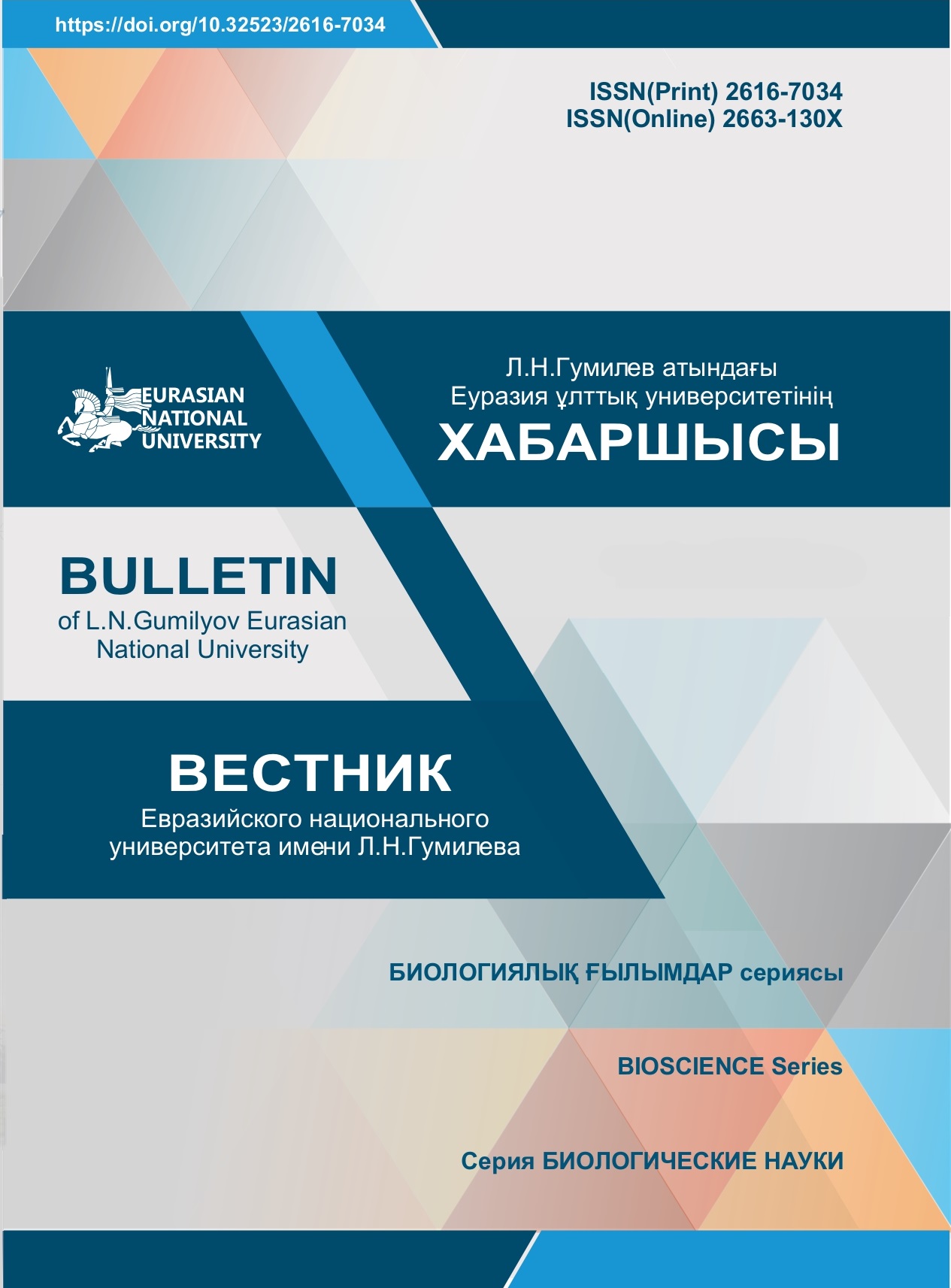Application of the bacterium Sporosarcina pasteurii for strengthening soil and sand by microbiological means
Views: 429 / PDF downloads: 308
Keywords:
calcite precipitate, Sporosarcina pasteurii, bacteria, sand, strengtheningAbstract
This article presents an ecological and biological harmless method, soil strengthening using microorganisms, to produce biocement. Two methods were used in the study: microbial injection and mixing method. Two types of each method were used: a fixed and non-fixed form of injection and a styrylated and untyrylated form of mixing method. The microorganism Sporosarcina pasteurii was used in the process of biocement production, studies were carried out to strengthen the sand and improve various mechanical properties of the sand, and the results were obtained.
The possibility of using calcium carbonate (calcite) precipitation to strengthen sand by microbiological method has increased, leading to its widespread dissemination and study. At present, the method of strengthening sand has a great biotechnological significance, is a cost-effective and promising method compared with other technologies. In the research work using Sporosarcina pasteurii microorganisms, a collumn of sand was strengthened by calcium carbonate precipitation.
When examining the biocement with the SEM-BSE microscope and X-rays, the calcium carbonates can be clearly seen. So, summarizing up the work, it was proved that the microorganism Sporosarcina pasteurii can be used to strengthen the sand. The study of sand strength in water erosion proved that the fixing injection is more effective than non-fixing injection.
According to the mixing method, culturing bacteria in sterile medium without centrifugation has no negative effect on reproductive activity of microorganisms and formation of calcite crystals.








